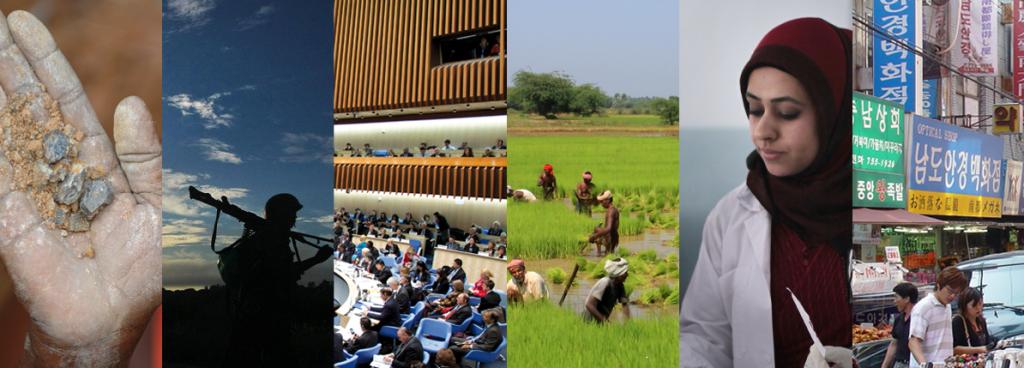Abstract
Increasing numbers of migrant children worldwide grow up with fragmentary and revocable legal statuses that perpetuate their liminal legality as socially present yet legally non-existent. The ways in which legal liminality produces children that are “de-facto stateless” (Bhabha 2011), “impossible subjects” (Allerton 2017) or “out of place” (Constable 2014) have been explored mainly at the national scale, mostly in migration regimes that are closer to the liberal end of the spectrum. Despite the increasing downscaling of migration policies to the urban grey zones of migrants’ control and care, less attention has been paid to the role of urban legacies and actors in shaping current encounters between migrant children, borders and the state. Grounded on 94 in-depth interviews with local agents and surveys of municipal policies and NGO reports in two major cities in ethno-national Israel, I examine the emergence of two distinctive modes of urban governance of legally liminal children: centralized–segregated in Tel-Aviv, and particularistic–integrative in Jerusalem. Drawing on an inter-city comparison, I argue that inter-city differences are the combined result of uneven neoliberal processes of policy rescaling as well as of the modes whereby local actors harness local institutional landscapes and historical legacies of sense-making of “otherness” while negotiating similar national restrictive migration policies. Integrating critical scholarship on uneven urban rescaling, attentive to structures of social provision, and local actors’ sense making, I foreground the centrality of cities in forging liminal legality as a multidimensional space where policies, institutional contexts, and agency work together in emplacing migrant children suspended between legal categories, as urban subjects.
About the Speaker
Adriana Kemp is professor of sociology and Chair of the School of Social and Policy Studies at Tel-Aviv University. Her research interests focus on two main areas: intersections between labor and forced migration, citizenship and civil society and scholarship on the re-scaling of politics and urban governance. She has published on these topics in journals like Social Problems, International Migration Review, Gender and Society, Political Geography, IJURR, Law and Society Review, Ethnic and Racial Studies, Urban Studies, and Gender, Work and Organization, among others. She is the author of more than twenty refereed book chapters, the co-editor of two collective volumes and the co-author of a book on Migrants and Workers: the political economy of labor migration in Israel. She has recently completed a 3 year research titled “Do papers matter? (funded by the Israeli National Science Foundation) dealing with the ways in which legal liminality intersects with migration policies that produce de-facto stateless children; the moral economy of frontline actors implementing those policies; and the legal consciousness, emotional matrixes and future making projections of migrant and refugee children and youth situated in precarious socio-legal status.




